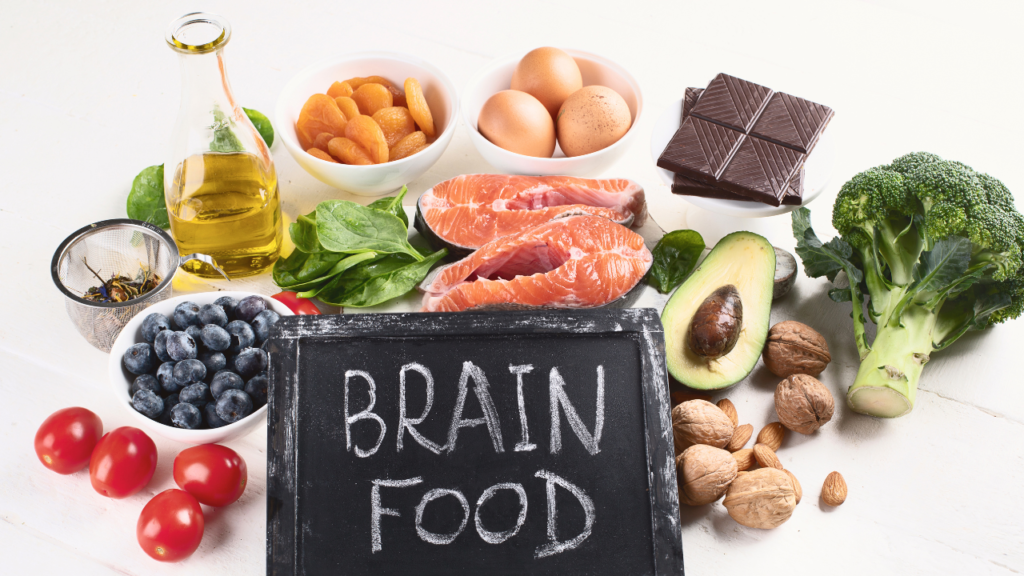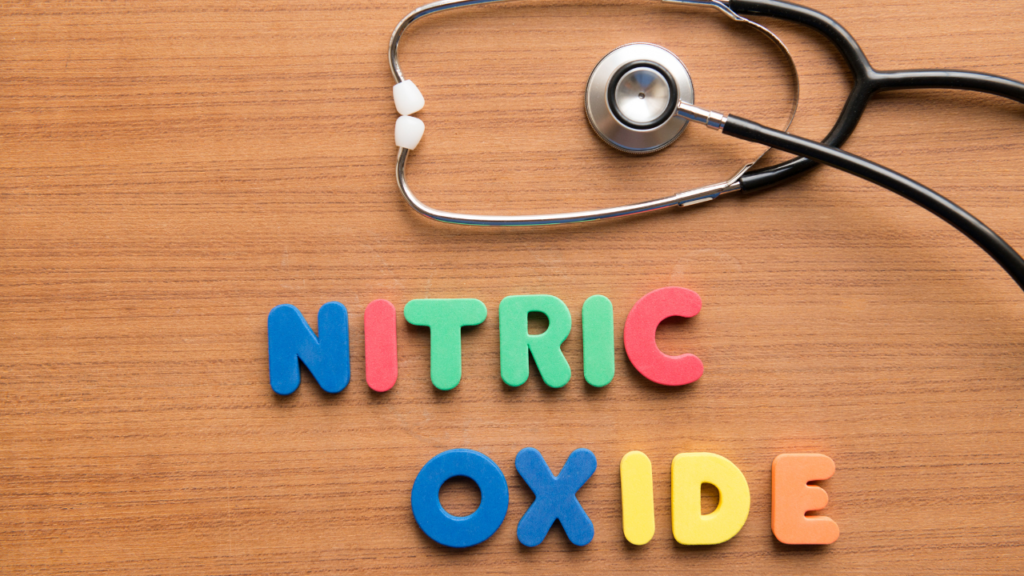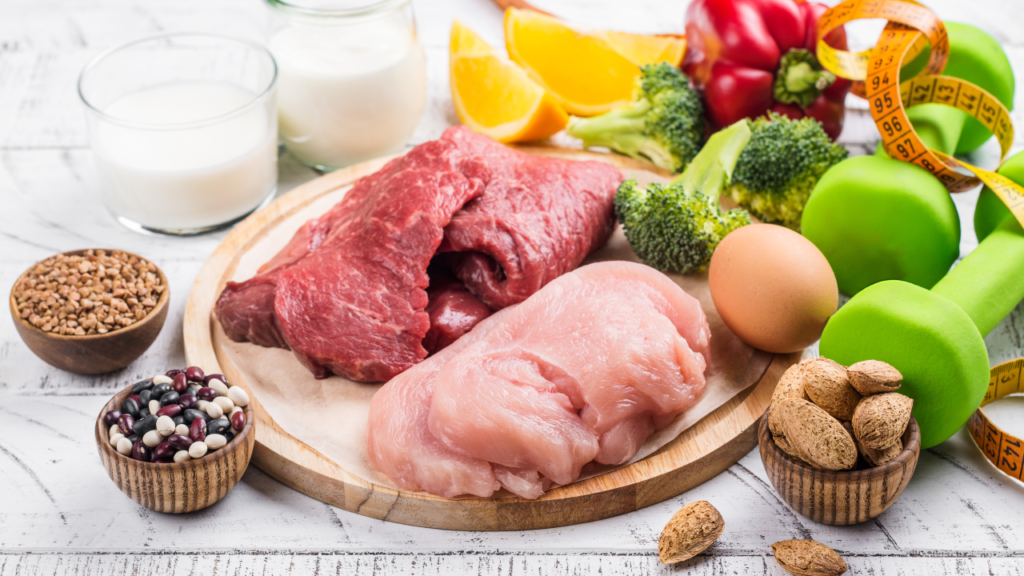
Anti-inflammatory supplements treat inflammation associated with various ailments, such as arthritis and digestive disorders.
Chronic inflammation, a normal immunological reaction to trauma, illness, and stress, has been linked to an increased risk of health problems such as type 2 diabetes and heart disease.
Anti-inflammatory diets, exercise, appropriate rest, and stress management can all aid in reversing chronic inflammation, and supplements may be beneficial in some circumstances.
Although less thoroughly studied than traditional pharmaceuticals, several supplements reduce inflammation.
Because of their natural anti-inflammatory effects, some people prefer supplements to over-the-counter medications.
This article examines 13 popular anti-inflammatory supplements.
Before attempting any of the following, consult with a healthcare provider.
Here are 21 supplements that research shows may help reduce inflammation.
1. Curcumin
- Curcumin, a turmeric component, is a common spice in Indian cuisine and has various health advantages.
- It can aid in reducing inflammation in various illnesses, such as diabetes, heart disease, inflammatory bowel disease, and cancer.
- On the other hand, curcumin’s bioavailability is low, making it poorly absorbed into the bloodstream.
- Because black pepper, notably piperine, can improve curcumin absorption, curcumin supplements frequently include piperine.
- For maximum absorption, combine turmeric and black pepper. (1)
2. Fish oil
- Supplements containing fish oil are high in omega-3 fatty acids, which are needed for optimum health and may help reduce inflammation associated with diabetes and heart disease.
- Eicosapentaenoic acid (EPA) and docosahexaenoic acid (DHA) are fish oil’s primary omega-3 fatty acids.
- DHA has been demonstrated to have anti-inflammatory properties, reduce cytokine levels, and promote gut health.
- According to particular research, DHA supplementation can considerably lower inflammatory indicators compared to a placebo.
- Fish oil supplements come in capsules and soft gels, with daily doses ranging from 1 to 3 grams. (2)
3. Ginger
- Ginger root, a ubiquitous cooking and herbal medicine component, has been shown to lower inflammation associated with health disorders such as type 2 diabetes and improve blood sugar control over time.
- Its constituents, gingerol and zingerone, may also help reduce inflammation in breast cancer patients.
- Diabetes patients who ingested 1,600 mg of ginger daily for 12 weeks had better blood sugar management and lower inflammation levels, according to research.
- Ginger pills have also been shown to reduce the inflammatory markers CRP and IL-6 in breast cancer patients, particularly when paired with exercise.
- On the other hand, higher doses of ginger may have a blood-thinning effect, so consult a healthcare practitioner before supplementing with ginger above cooking proportions.
4. Spirulina
- Spirulina, a blue-green algae, contains antioxidants that help to reduce inflammation, promote healthy aging, and boost the immune system.
- According to research, it may enhance inflammatory indicators, anemia, and immunological function in older adults.
- Consuming up to 8 grams of spirulina is acceptable; one can mix it with shakes or smoothies.
- On the other hand, people with autoimmune diseases may want to avoid them due to their potential immune-strengthening characteristics.
5. Vitamin D
- Vitamin D, a fat-soluble nutrient, has anti-inflammatory properties and is associated with immunological health.
- According to research, low vitamin D levels might cause inflammation.
- Those with vitamin D insufficiency and obesity had similar results.
- Over time, adults should take at most 4,000 IU of vitamin D daily.
6. Resveratrol
- Resveratrol, an antioxidant in grapes, blueberries, red wine, dark chocolate, and peanuts, has been researched in people with chronic illnesses such as liver disease, obesity, and ulcerative colitis (UC).
- Furthermore, resveratrol has been associated with enhanced calorie expenditure and the ability to reduce body fat.
- More research is needed, however, due to its low bioavailability.
- Most resveratrol supplements include 150–500 mg per serving and have no discernible adverse effects.
- However, if you are on a blood thinner, you should consult a doctor before using resveratrol. (6)
7. Bromelain
- Bromelain, an enzyme found in pineapple, is known for its astringency and potential anti-inflammatory properties.
- It has the same anti-inflammatory capacity as NSAIDs but with fewer side effects.
- While little research has been conducted on its human effects, it helps reduce postoperative inflammation in people undergoing wisdom tooth removal.
- Most bromelain supplements contain 500 mg of bromelain per serving, with no reported side effects.
- It is available as a supplement in tablets and capsules.
8. Green tea extract
- Green tea, a traditional medicine item, contains components such as epigallocatechin-3-gallate (EGCG), caffeine, and chlorogenic acid, which may benefit one’s health.
- One study discovered that combining 500 mg of green tea extract with exercise reduced inflammation much more than exercise alone or in a placebo group.
- Green tea is thought to have anti-inflammatory properties due to EGCG, an antioxidant limiting oxidative damage to cells produced by free radicals.
- Unless otherwise stated, green tea extract supplements may include caffeine.
- Green tea is available in loose tea, tea bags, extracts, soft gel extracts, capsules, and as a drink three to five times per day.
9. Garlic
- Garlic, like ginger, pineapple, and fatty fish, is high in anti-inflammatory chemicals, particularly allicin, which boosts the immune system and aids in the battle against infections.
- In one study, 51 obese adults who took aged garlic extract or a placebo daily for six weeks saw significant decreases in the inflammatory markers TNF-? and IL-6.
- Long-term garlic intake may lessen the risk of chronic inflammation-related illnesses.
- Garlic supplements, except garlic breath, are available in various dosages and have few adverse effects.
- A daily dose of 2 grams of fresh garlic may have anti-inflammatory benefits.
10. Vitamin C
- Vitamin C is a necessary vitamin that aids with immunity and inflammation.
- They routinely administered high doses intravenously to hospitalized patients suffering from severe respiratory infections, such as influenza, pneumonia, and even COVID-19, to help reduce inflammation.
- Doses over 2,000 mg, however, may cause diarrhea in healthy adults.
- Aside from that, vitamin C pills are relatively safe and symptom-free.
- However, you can quickly meet your vitamin C requirements by adding fruits and vegetables to your diet, which are all high in vitamin C.
11. Cayenne Pepper
- Cayenne pepper, a hot spice derived from the Capsicum annuum pepper, contains capsaicin, the ingredient responsible for its heat.
- Cayenne is a topical pain reliever, such as Icy Hot Arthritis Therapy.
- Capsaicin reduces pain and swelling linked to arthritis and muscle pain by blocking pain impulses and inhibiting immune proteins known as cytokines.
- Cayenne/capsaicin is available in topical gels, ointments, transdermal patches, capsules, soft gels, and extracts.
- Excessive use might cause heartburn and stomach aches.
12. Cinnamon
- Cinnamon is a spice obtained from the cinnamon tree’s bark.
- It is well-known for its several health advantages, including its ability to decrease blood sugar and cholesterol levels and its anti-inflammatory effects.
- Its aroma, which comes from a substance known as cinnamaldehyde, is thought to have potent anti-inflammatory properties as well.
- Taking cinnamon supplements, which are in capsules, tablets, candies, and powders, is safe.
13. Quercetin
- The chemical quercetin in fruits, onions, teas, berries, and certain herbs is well-known for its anti-inflammatory characteristics.
- It can prevent the actions of molecules contributing to inflammation, such as leukotrienes and prostaglandins.
- Because there has yet to be much research done, the recommended daily dose is 1 gram.
14. Boswellia
- The plant that yields boswellia extract is native to the regions of the Middle East, Africa, and India.
- It is also known as Indian frankincense.
- It is an herb used in Ayurvedic medicine that has been shown to reduce inflammation and alleviate pain.
- It is available as a supplement in pills and capsules, and the typical daily dosage is 300 milligrams (mg) taken three times.
15. Cat’s Claw
- Cat’s claw is a plant native to the Amazon jungle known for its ability to reduce inflammation by inhibiting the production of TNF, also known as tumor necrosis factor.
- It comes in capsules, tablets, liquids, and tea bags, and the typical daily dose ranges from 20–30 mg of extract from the root bark.
16. Devil’s Claw
- The devil’s claw is a shrub native to Southern Africa that lives for many years and produces crimson blooms, rich foliage, and branching roots.
- Its name was from the numerous small hooks covering the plant’s fruit.
- Tubers, the plant’s secondary roots, are used for alleviating pain, reducing inflammation, and helping the digestive system.
- You can get devil’s claw in several forms, including tinctures, powders, pills, and liquids.
- The recommended daily intake of tuber should be at most 4.5 milligrams, equivalent to 1 to 2.4 g of extract.
17. Chondroitin
- Bone and cartilage include chondroitin, a component of human connective tissue.
- Chondroitin sulfate is thought to alleviate pain, have anti-inflammatory qualities, enhance joint function, and decrease the course of osteoarthritis.
- It comes from bovine trachea and swine waste.
- It can be consumed in pill, tablet, or powder form, depending on your preference.
18. MSM
- Methylsulfonylmethane, or MSM, is an organic sulfur component in various foods, including fruits, vegetables, grains, animals, and people.
- It is used in dietary supplements to alleviate the pain and inflammation associated with arthritis.
- The typical oral dose ranges from 2 to 6 grams daily with meals.
19. Thunder God Vine
- The thunder god vine is a traditional herbal treatment in China derived from the peeled root of a plant in Asia that is similar to a vine.
- Inflammation, joint discomfort, and an overactive immune system are all conditions that it can alleviate.
- However, because there have only been a small number of trials conducted in the US, there is no recommended daily dosage for the extract.
20. Turmeric
- The anti-inflammatory qualities of turmeric are attributed to the fact that it is a perennial shrub that may be found primarily in India and Indonesia.
- Turmeric roots are dried and ground into a yellow powder before being used in meals, curries, and Ayurvedic medicine.
- These roots are linked to the ginger family.
- It is often taken in pill form, and the recommended daily dosage ranges from one to three times the stated amount.
21. Flaxseed
- Flax plant seeds contain omega-3 and omega-6 fatty acids, converted into EPA and DHA in flaxseed oil.
- Available in capsules, oil, ground meal, and flour, flaxseed is a typical daily intake of 2 to 3 tablespoons, add to your food.
- There is no recommended dose.
The bottom line
- Chronic inflammation raises the chance of developing chronic diseases such as type 2 diabetes, heart disease, and autoimmune disorders.
- Anti-inflammatory minerals and antioxidants found in supplements can help reduce inflammation.
- To experiment with supplements, purchase from a reliable company with a verified Good Manufacturing Practices facility and follow the dosage instructions.
- Talk to your doctor if you are pregnant, nursing, have a medical condition, or are on medication.
- While whole foods are the best source of anti-inflammatory elements, supplements may be beneficial if your diet lacks certain nutrients and antioxidants.
- Anti-inflammatory supplements can reduce pain and inflammation caused by arthritis but are ineffective in preventing, treating, or curing any disease.
Links
- Curcumin and Type 2 Diabetes Mellitus: Prevention and Treatment – PubMed (nih.gov)
- Effect of long-chain omega-3 polyunsaturated fatty acids on inflammation and metabolic markers in hypertensive and diabetic obese adults: a randomized controlled trial – PubMed (nih.gov)
- www.ncbi.nlm.nih.gov/pmc/articles/PMC6566048/




